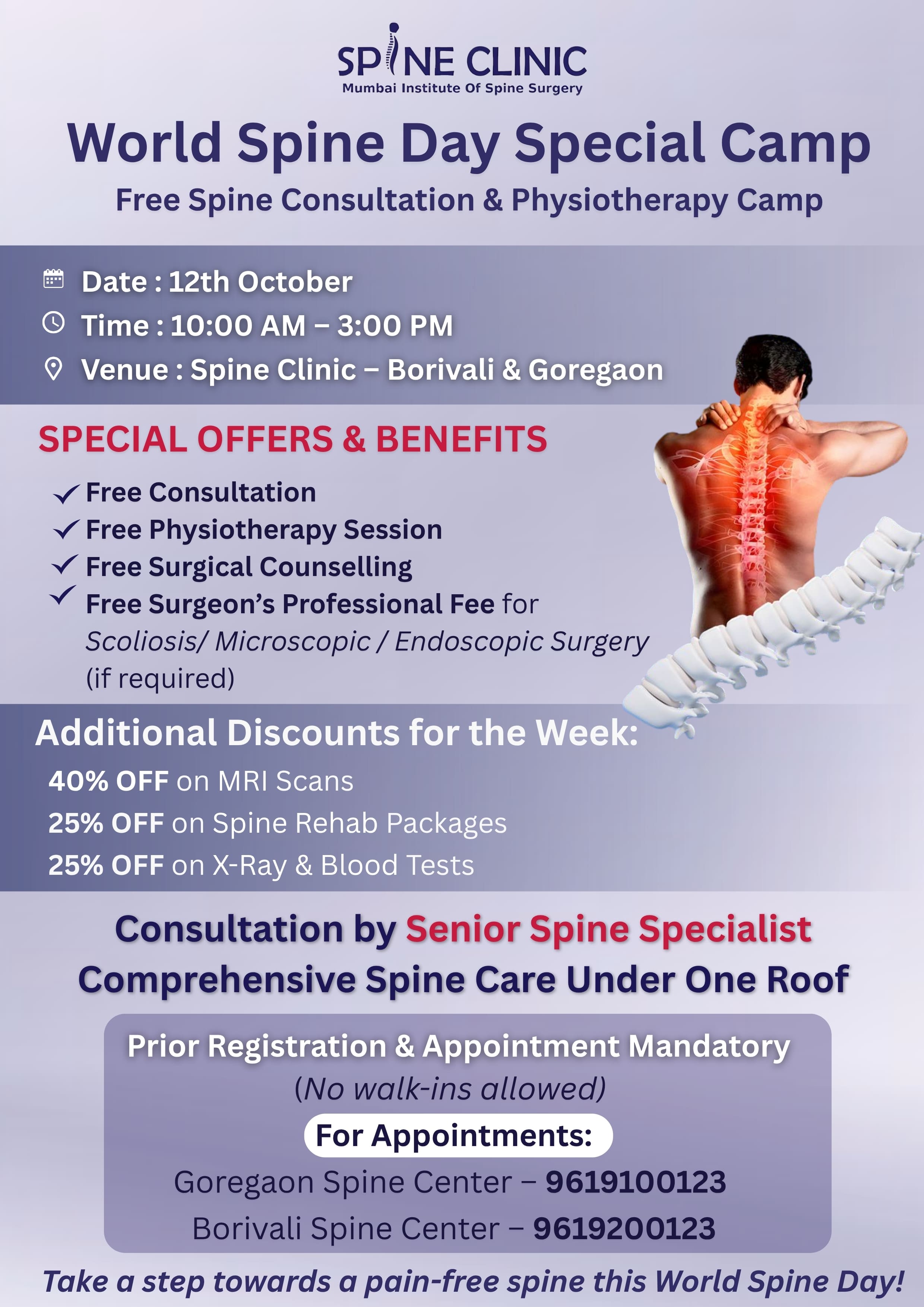Complications / Test and Diagnosis for Kyphosis :
Complications
While most people with kyphosis have a mild form of the disorder, kyphosis may sometimes cause complications, including:
- Lung and heart malfunctioning
- Back problems
- Easy fatiguability
- Poor Cosmetic Appearance
Tests and Diagnosis
Medical history: This involves talking to the patient and the patient's parent(s) and reviewing the patient's records to look for medical problems that might be causing the
spine to curve, for example, birth defects, trauma, or other disorders that can be associated with kyphosis.
Physical examination: This includes alook at the patient's back, chest, pelvis, legs, feet, and skin. This mean first trying to get a "mental picture" of how the spine is
curved from examining your back and watching you move about. Your doctor will look at the flexibility you have bending in certain directions.A neurological examination is done to check
for Muscle weakness, Numbness, Abnormal reflexes X-ray evaluation. An x ray of the spine can confirm the diagnosis of kyphosis. The magnitude and type of kyphosis is measured on xray.
Additional imaging tests may be recommended, depending on the case to case basis.


